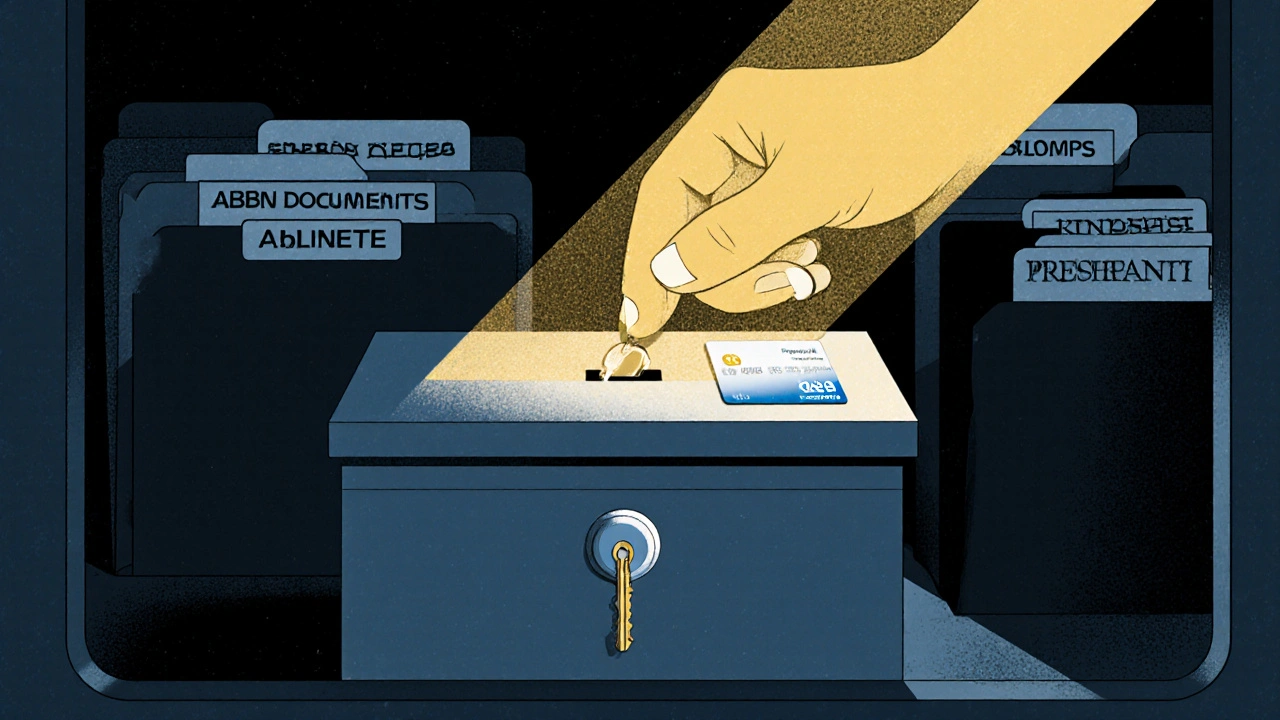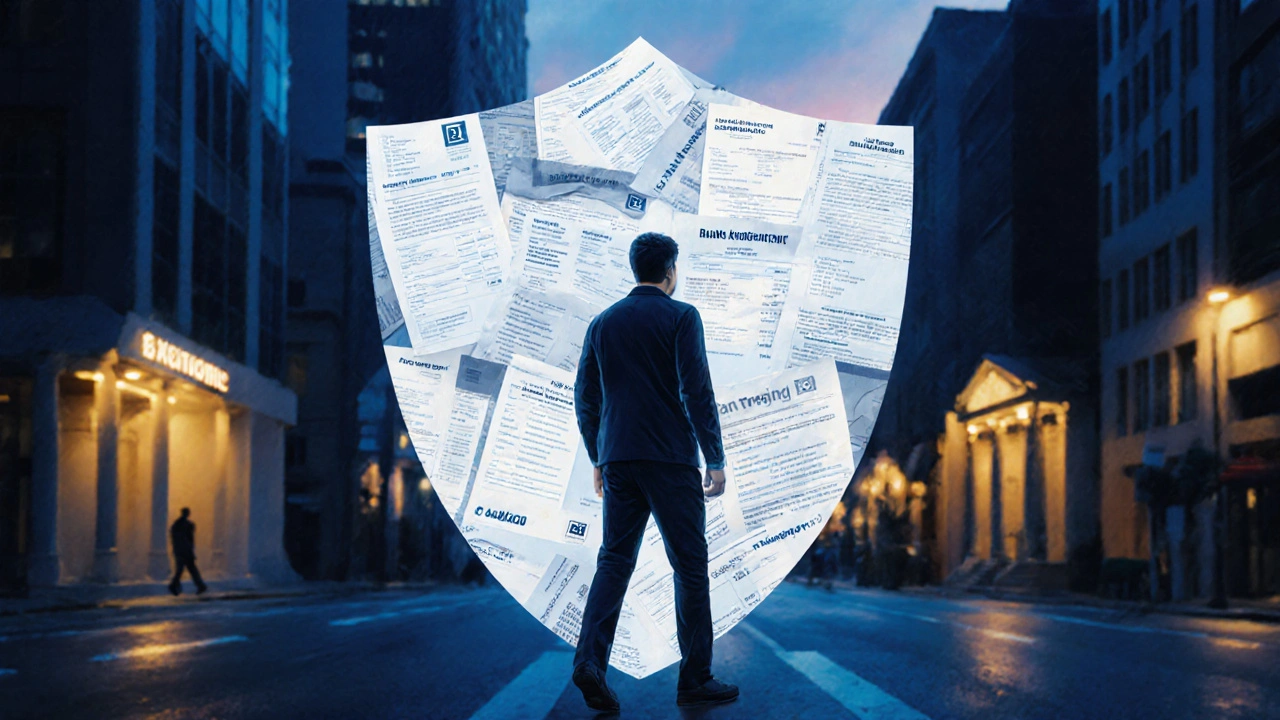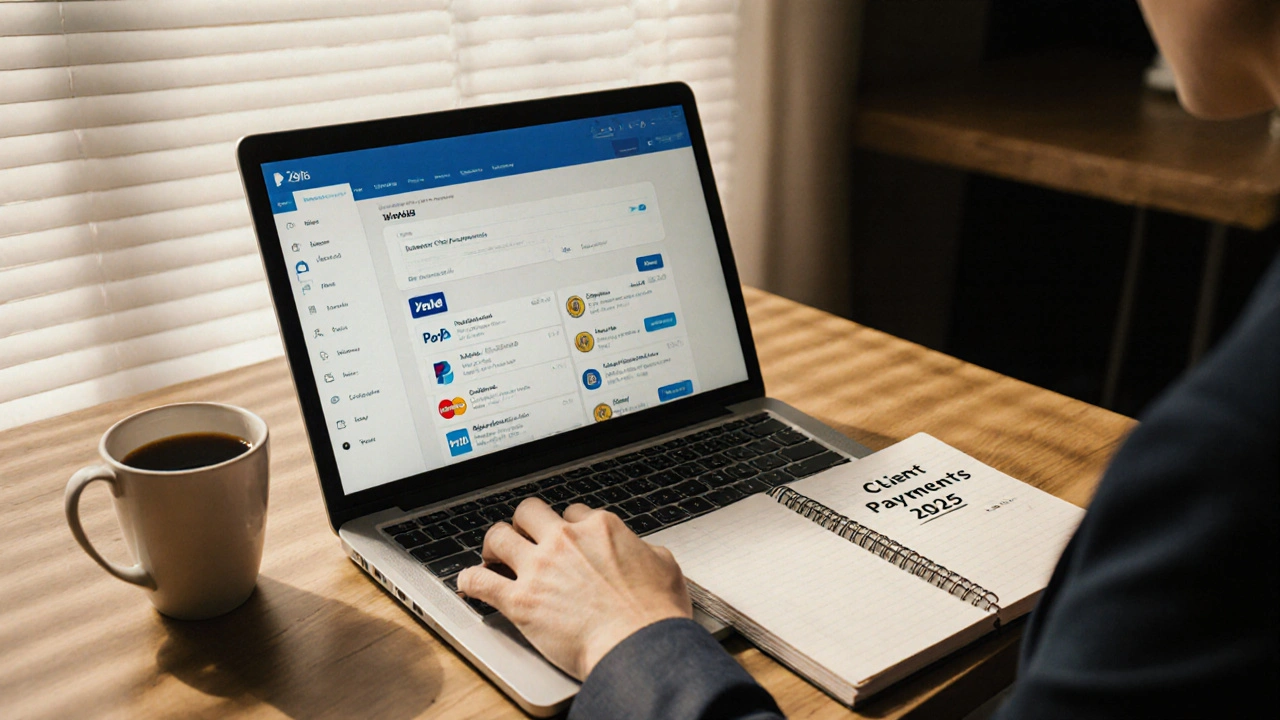Opening a bank account. Paying taxes. Saving for retirement. These aren’t luxury tasks-they’re survival tools. But for sex workers, they’re often the hardest financial steps to take. Many banks refuse service. Some accounts get frozen without warning. Tax offices demand records that feel impossible to keep. And if you’re working independently, without a company structure or pay stubs, you’re left guessing how to prove your income legally.
The truth? You don’t need a license to be a sex worker in most places-but you do need a paper trail to protect yourself. This isn’t about becoming a corporation. It’s about staying safe, staying open, and staying in control of your money.
Banking Is Possible-If You Know How to Present Yourself
Yes, banks can and do refuse sex workers. But they don’t always say why. Often, it’s not the work itself-it’s how you describe it. If you walk into a branch and say, “I’m a sex worker,” you’re more likely to get a polite but firm no. If you say, “I’m a freelance consultant providing personal services,” you’re more likely to get a yes.
This isn’t deception. It’s strategy. Legally, you’re not required to disclose your profession to a bank. You’re only required to provide proof of income and identity. Most banks ask for two things: government ID and evidence of regular income. That’s it.
Here’s what works in practice:
- Use a business name like “Independent Consultant Services” or “Client Relations Support” on your bank application
- Deposit cash or digital payments consistently-don’t make large, irregular deposits
- Keep digital records of client payments (even screenshots of Zelle, PayPal, or crypto transfers)
- Use a separate account just for work-never mix personal and professional funds
A 2024 study by the Global Network of Sex Work Projects found that 68% of sex workers who used a neutral business description successfully opened accounts in Australia, Canada, and the Netherlands. The ones who didn’t? They used terms like “escort,” “cam model,” or “dominatrix” on applications.
Document Everything-Even If It Feels Uncomfortable
One of the biggest mistakes sex workers make is thinking, “I don’t need receipts. I cash out every week.” That mindset leaves you vulnerable. Without documentation, you can’t prove income for loans, housing, or taxes. Worse-you can’t prove you weren’t coerced if authorities ever question you.
Start simple:
- Save every payment confirmation: screenshots, emails, transaction IDs
- Use a free app like Wave or Zoho Invoice to log each client, date, amount, and service
- Keep a printed or digital logbook-even just a spreadsheet counts
- Label your files clearly: “Client Payment - 2025-03-12 - Sarah M.”
You don’t need to keep client names. You don’t need to record addresses. Just enough to show a pattern of legitimate, voluntary income. In court, this is called a “paper trail.” In banking, it’s called “due diligence.”
In Perth, a sex worker named Lena used this method to secure a small business loan for a studio space. She had 18 months of consistent deposits, all labeled as “consulting fees.” The bank never asked what she did. She didn’t tell them.
Taxes Are Not the Enemy-Ignorance Is
Many sex workers avoid taxes because they fear exposure. But the real danger isn’t the tax office-it’s the lack of financial history. Without filed returns, you can’t get a mortgage. You can’t qualify for government support. You can’t even open a credit card in your own name.
In Australia, you’re required to declare all income, no matter the source. That includes cash, crypto, tips, and gifts from clients. The ATO doesn’t care how you earned it-they care that you report it.
Here’s how to file:
- Register for an ABN (Australian Business Number)-it’s free and takes 10 minutes online
- Use the ATO’s myTax portal to declare income as “personal services income”
- Claim legitimate business expenses: internet, phone, transport, safety gear, therapy, accounting fees
- Keep receipts for everything-even a $5 coffee bought while meeting a client can be claimed if it’s work-related
There’s no “sex worker” tax code. You’re classified as a sole trader. That means you pay income tax like any freelancer. But you also get deductions most people don’t know about.
One worker in Melbourne claimed $12,000 in expenses last year: $4,000 on encrypted messaging apps, $3,000 on self-defense training, $2,500 on vehicle maintenance for client pickups, and $2,500 on mental health counseling. Her tax bill dropped by $3,700.

Protect Your Assets-Before Something Goes Wrong
What happens if your account gets frozen? Or you’re targeted by a scammer? Or you need to leave a situation fast?
Asset protection isn’t about hiding money. It’s about making sure your money can’t be taken from you without due process.
Start with these three steps:
- Use a credit union or community bank-they’re less likely to freeze accounts based on vague “risk” flags
- Keep emergency cash in a safety deposit box or with a trusted friend (not in your phone or home)
- Open a separate savings account under a pseudonym, funded only by cash deposits
Some sex workers use prepaid debit cards (like Revolut or N26) to hold emergency funds. These don’t require a credit check. They can be loaded with cash. And if one gets blocked, you still have another.
Also, consider a simple will or power of attorney. Even if you’re young, having someone you trust legally able to access your accounts if you’re hospitalized or arrested can prevent financial chaos.
What Not to Do
There are dangerous myths out there. Don’t fall for them:
- Don’t use family members’ accounts. If they get audited, your money gets tangled in their legal mess.
- Don’t use crypto for everything. While Bitcoin and Monero offer privacy, they’re harder to explain to tax authorities. Use them sparingly, and always track the value in AUD at time of receipt.
- Don’t ignore small deposits. Even $20 payments add up. If you have 50 small deposits a month, the bank might flag you for “structuring”-which is illegal.
- Don’t wait until you’re in trouble to organize. The best time to set up your financial system was yesterday. The second-best time is now.

Where to Get Help-Without Risking Your Safety
You don’t have to do this alone. There are organizations that specialize in helping sex workers with legal finances.
In Australia:
- SWOP WA (Sex Workers Outreach Project Western Australia) offers free financial workshops and connects workers with friendly accountants
- ASWA (Australian Sex Workers Association) provides templates for income logs and tax filings
- Legal Aid WA can help if you’re denied banking or face discrimination
These groups don’t report you. They don’t ask for your real name. They help you stay safe, not exposed.
Even if you’re not in Australia, search for “sex worker financial advocacy” + your country. You’ll find networks of people who’ve been where you are.
You’re Not Asking for Special Treatment-You’re Asking for Basic Rights
Sex work is work. Your income is legal. Your right to bank, save, and file taxes is not a privilege-it’s a human right. But systems weren’t built for people like you. So you have to adapt them.
That means being smart. Being quiet. Being consistent. Not perfect. Just persistent.
Every time you log a payment. Every time you file a tax return. Every time you open a new account with a neutral name-you’re not just managing money. You’re building a shield. One that protects your future, your freedom, and your dignity.
You don’t need permission to be financially independent. You just need a plan-and the courage to follow it.
Can I open a bank account if I’m a sex worker in Australia?
Yes. Australian banks cannot legally deny you an account based on your profession. But they may refuse if you use terms like “escort” or “sex worker” on your application. Use neutral language like “freelance consultant” or “personal services provider.” Provide proof of income and ID-nothing more. Many sex workers successfully open accounts this way.
Do I have to pay tax on income from sex work?
Yes. All income in Australia must be declared, regardless of the source. The ATO treats sex work as personal services income. You need an ABN and must report earnings on your annual tax return. You can claim deductions for work-related expenses like phone, internet, transport, safety equipment, and therapy. Not declaring income risks penalties and makes it harder to get loans or housing later.
What if my bank freezes my account?
Banks sometimes freeze accounts due to “suspicious activity,” especially with cash-heavy or irregular deposits. If this happens, contact them immediately with your income logs and ABN. Ask for a written explanation. If they refuse to unblock it, file a complaint with the Australian Financial Complaints Authority (AFCA). You can also reach out to SWOP WA for legal support. Never close the account yourself-it can look like an admission of guilt.
Can I use cryptocurrency for payments?
You can, but it’s risky for tax purposes. Cryptocurrency is treated as property by the ATO. You must track its value in AUD at the time you receive it and report it as income. If you convert it to AUD later, you may owe capital gains tax. Use crypto only if you’re comfortable tracking every transaction. For most, sticking to bank transfers or PayPal with clear records is safer and simpler.
How do I prove my income without pay stubs?
Use digital records: screenshots of payment apps (PayPal, Zelle, etc.), bank statements showing deposits, invoices you created, or a simple spreadsheet with dates, client initials, amounts, and payment method. The ATO accepts these as valid proof. Keep them organized and dated. You don’t need to show client names-just enough to show consistent, legitimate income.
